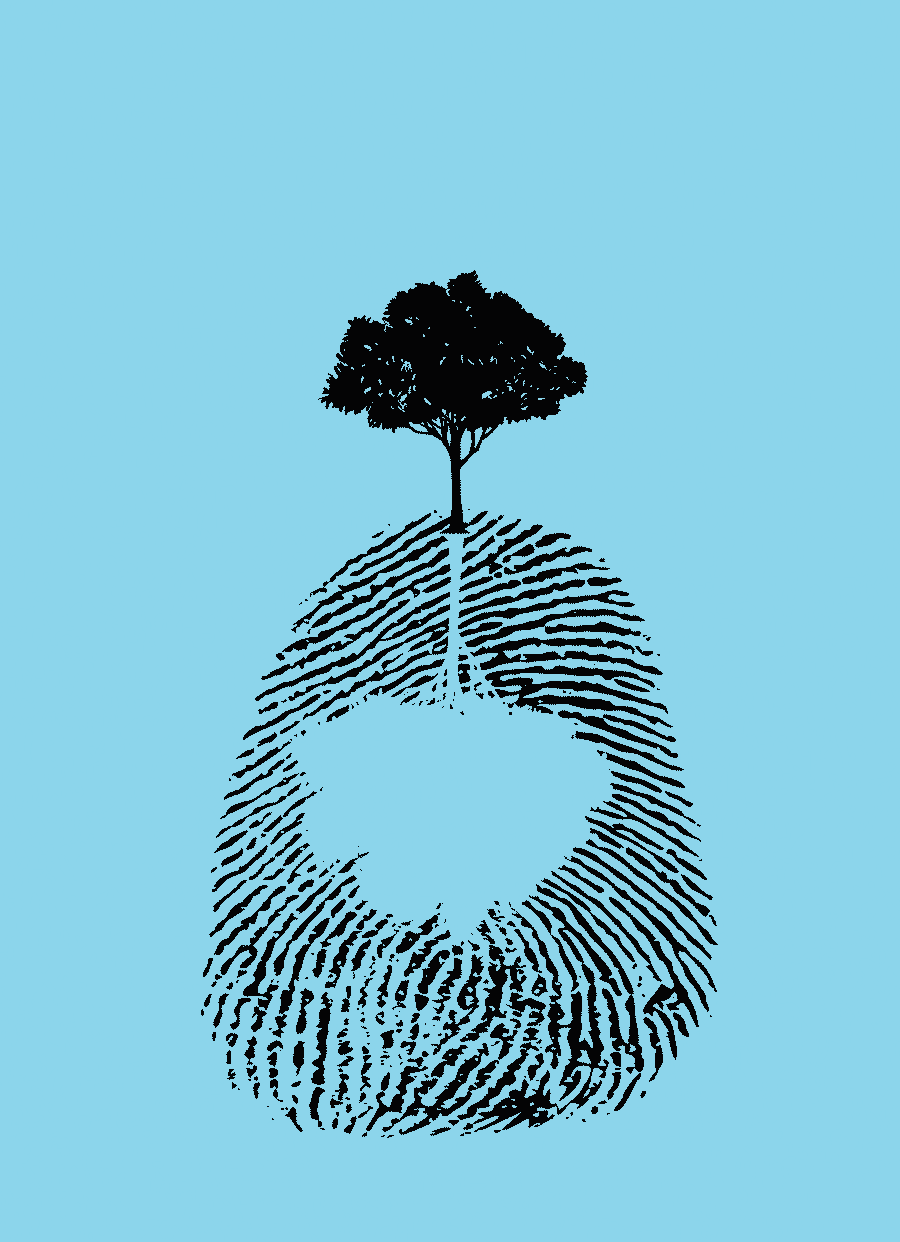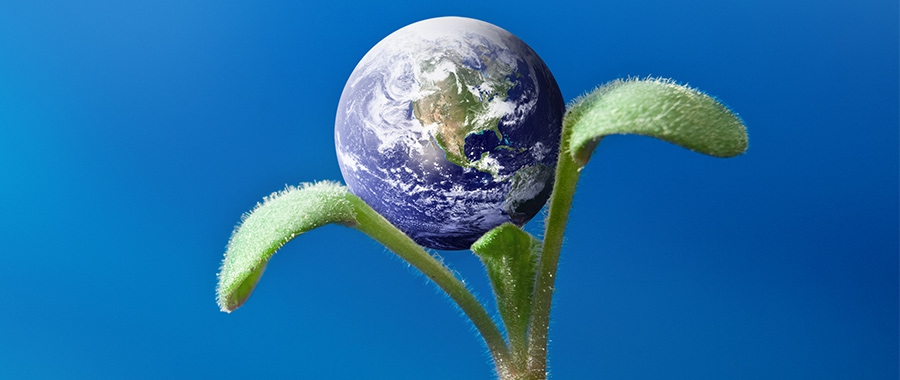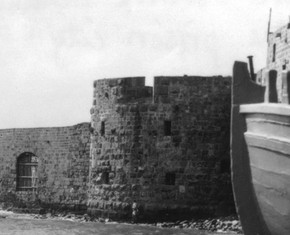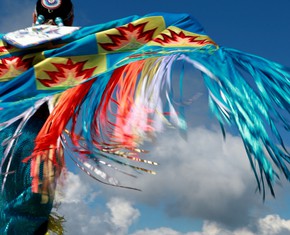The views expressed in our content reflect individual perspectives and do not represent the authoritative views of the Baha'i Faith.
Hiking through a regional park on a lovely summer day, and coming upon the massive trunks of many fallen trees, I paused to read a sign along an interpretative trail.
The sign—in Cathedral Grove Provincial Park in British Columbia—told the story of a devastating storm that resulted in the falling of the forest’s giant trees. The message ended with: “They will be left here to provide nutrients for the next generation of giants.”
Storms, fires, earthquakes—nature uses these tools for regenerating. From a human perspective, we recognize these dramatic and traumatic events in both natural and cyclical ways. As in the forest I visited, each generation leaves a legacy for the next, that in turn becomes its nourishment.
As I considered the scale of that storm and the geological timeframe in which this sort of event occurs, I wondered about these ideas in a more social sense, as they apply to people. We live in communities with commerce and cultural sharing. What feeds us now? What nutrients do we leave for future generations? Who will be the giants?
First on my list of what feeds us is belief in the future. Children eventually think beyond their Halloween costume and want to “be” something when they grow up. We have ideas about the ways we want to live, the experiences we want to have, and how we want to engage with others. Of course, not all of this will come true, because life will offer us its surprises as well as its disappointments.
But looking forward inspires and motivates us to dream, plan, and act.
Education, science, and the arts feed us. To learn is to live, and science is more than a means to better technologies and comforts—it also provides a means to observe and realize the wonders of life itself. Similarly, the arts mean more than home decorating, entertainment, and fashion. True art also heightens our imaginations and leaves us considering new possibilities.
If we bundle these ideas into nutrients for the future, then they should contribute to a peaceful civilization and a healthier planet.
That future time, the Baha’i teachings say, will also be characterized by freedom from prejudice, equality of men and women, elimination of the extremes of poverty and wealth, and transcendence of partisan interests. Concern for the welfare of all will be paramount. Describing the physical relationship of humankind, Abdu’l-Baha said:
Human brotherhood and dependence exist because mutual helpfulness and cooperation are the two necessary principles underlying human welfare. – The Promulgation of Universal Peace, p. 150.
 Relating this to the metaphor of those fallen trees as nutrients, we will want to ensure that no one is hungry, homeless, ill, or despairing. We will build systems and safeguards for all, and geographic boundaries will not stop us from caring. Rather, these boundaries will invite new ways to cooperate and reciprocate.
Relating this to the metaphor of those fallen trees as nutrients, we will want to ensure that no one is hungry, homeless, ill, or despairing. We will build systems and safeguards for all, and geographic boundaries will not stop us from caring. Rather, these boundaries will invite new ways to cooperate and reciprocate.
I don’t know who we will consider giants—heroes—in the future. Presently they are often youthful billionaires, business innovators, athletes, pop culture stars, and others widely known at a public level. Yes, there are also lesser-known philanthropists and others who perform great deeds. But I’m wondering if a future, properly nourished world will become a more generous and loving place.
How far into the future dare we look? If we were to compare ourselves to a generation ago, are we better off? So what might be the situation five generations from now? What about 10 generations? Or even more?
The Baha’i International Community in the 1999 document Who Is Writing the Future stated:
However great the turmoil, the period into which humanity is moving will open to every individual, every institution, and every community on earth unprecedented opportunities to participate in the writing of the planet’s future.
A forest regenerates slowly, while our human time frame moves with greater swiftness. If we’re going to believe in the future, we need to recognize that our own actions, now, provide the nutrients for the future. Let’s feed it well.
















Comments
Sign in or create an account
Continue with Googleor